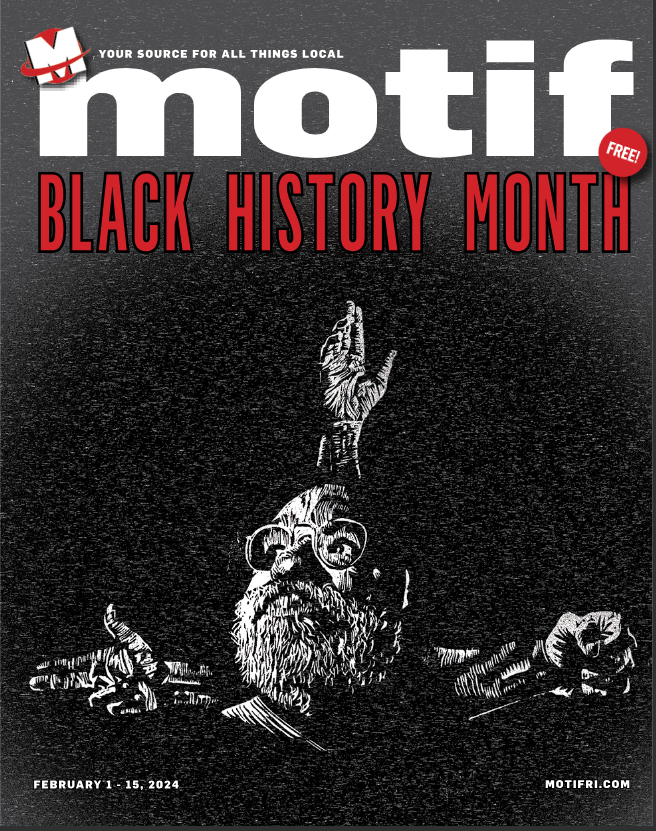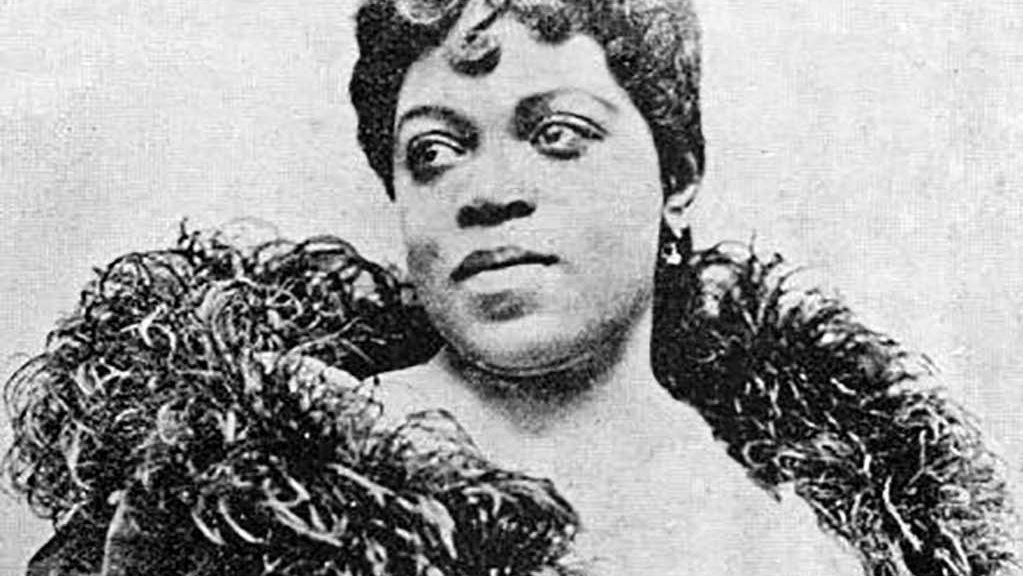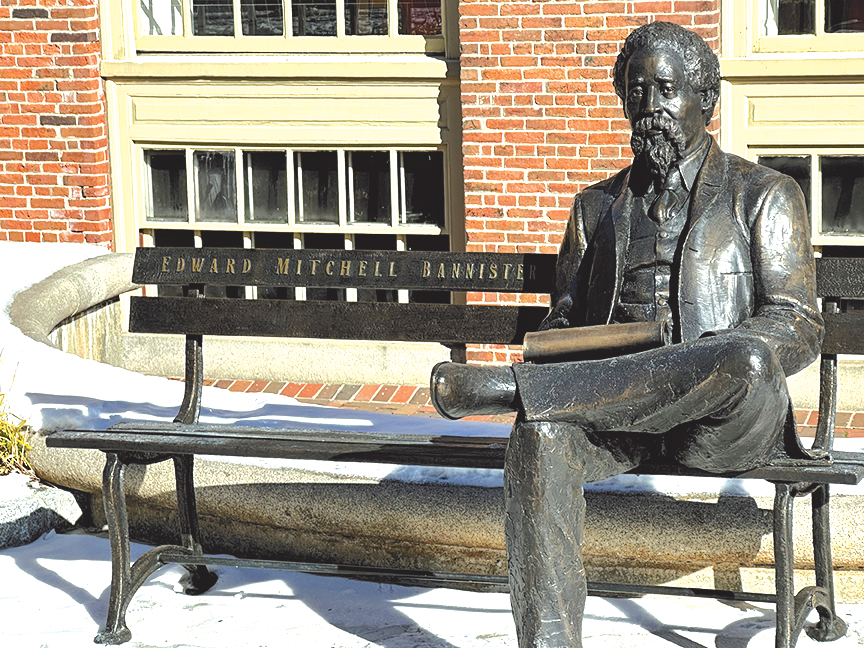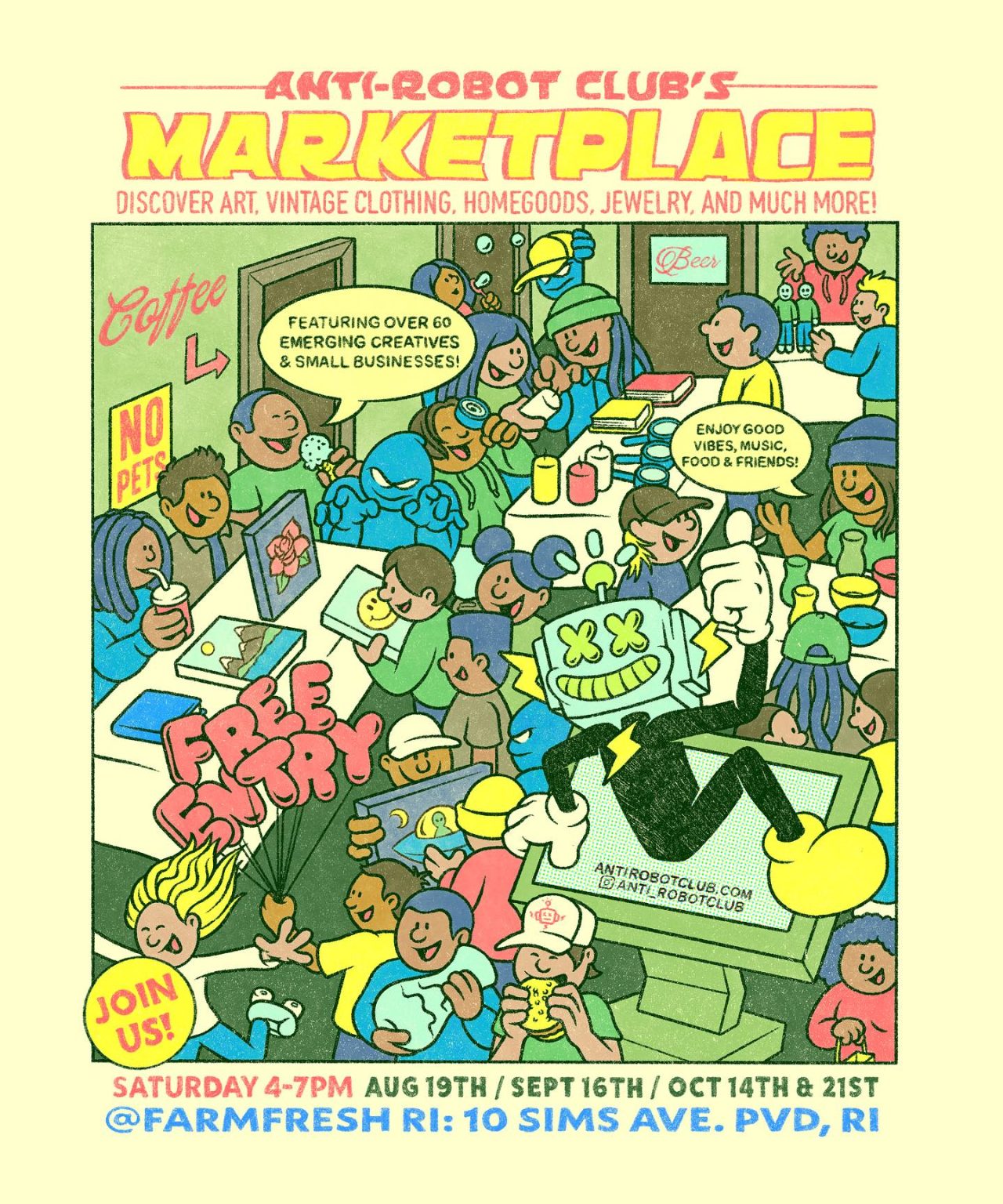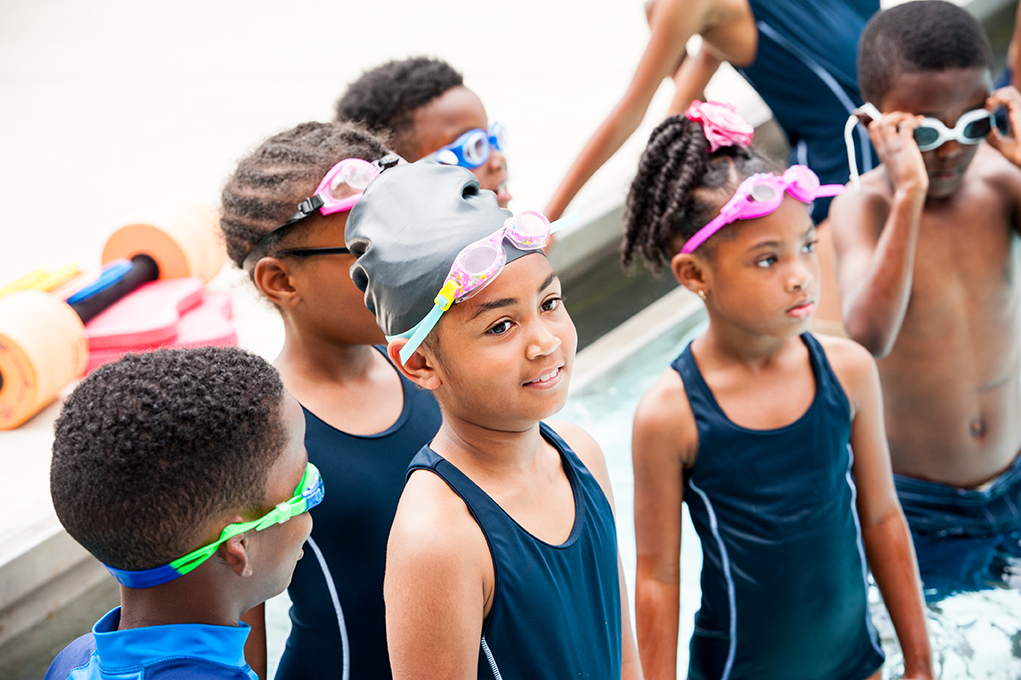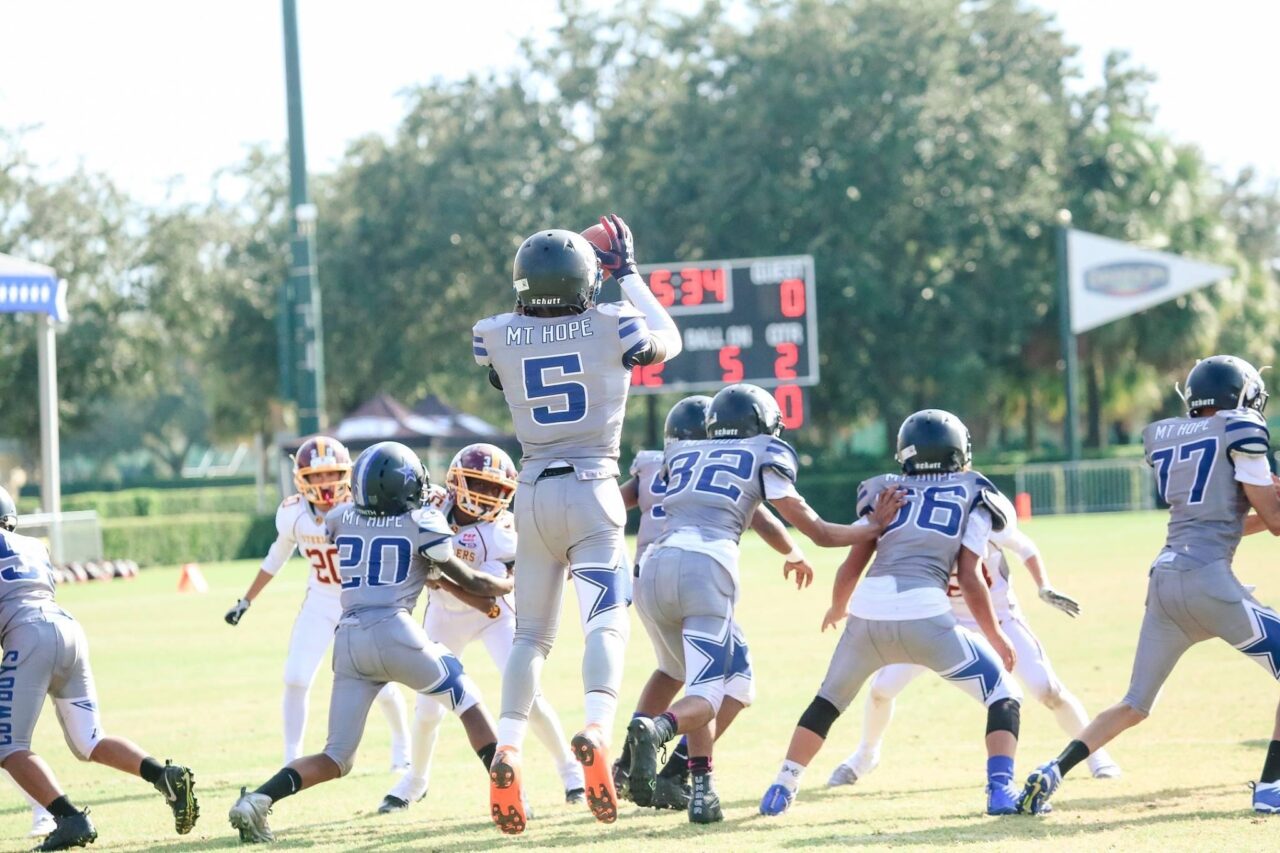Black in Rhode Island Map: Points of interest for Black History Month and beyond
Historic Sites Details Address 1. Sissieretta Jones Plaque Historical plaque honoring the great 19th century soprano. Read more about her here. 28 S Court St, PVD 2. Grace Church Cemetery […]


